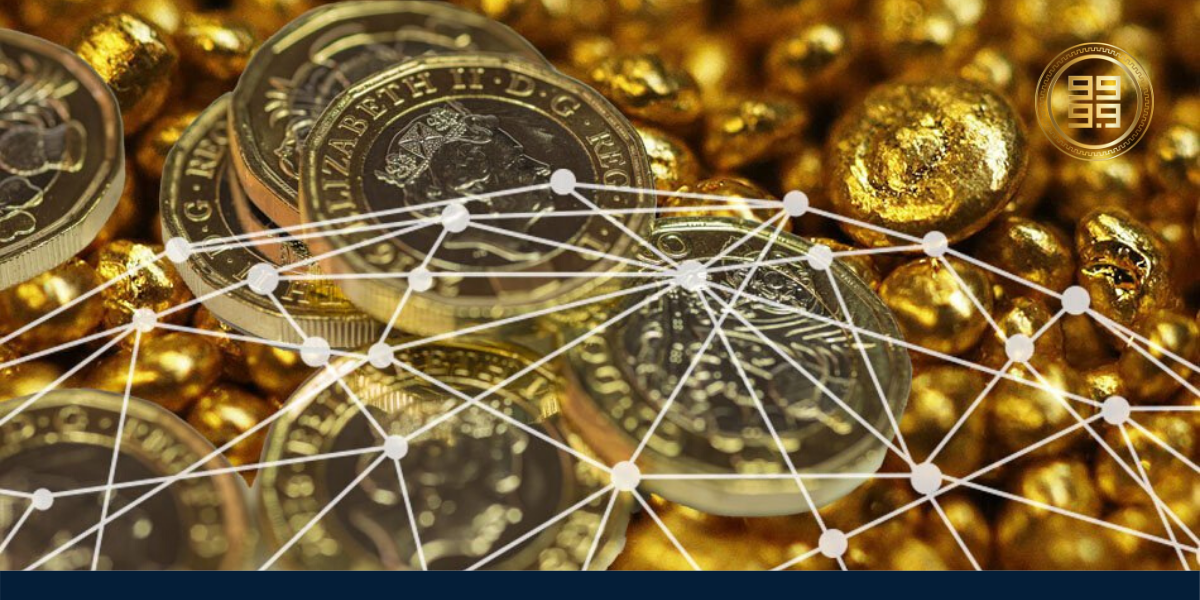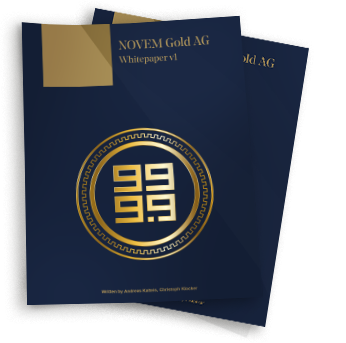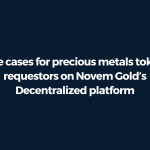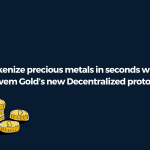
What first comes to your mind when you think of gold? Do you picture a vault with gold bars piled one on top of the other, or a plethora of gold coins and jewelry? Do you picture a blockchain with digital gold transactions ? To each their own, but the question of whether owning digital gold is the same as having a physical one bothers many investors.
So, let’s discuss the pros and cons of investing in physical gold as well as digital gold.
Physical and Digital Gold Storage
- Security Issues
While blockchain can account for the security shield for the cryptocurrency backed by gold, the security of the physical gold is still doubtful. There are three ways to store your physical gold: keep it at home, use a bank’s safe deposit box, or use the service of a third-party storage firm. Keeping your gold at home poses the greatest security risk of robbery or some natural disaster.
- Storage Costs
Using a bank’s safe deposit box or relying on a third-party service is safer than keeping physical gold at home. However, it is for sure a more costly option than storing digital gold on the blockchain. Also, insurance and access factors come into play, since the bank doesn’t insure the safe deposit box’s contents. One option may be to buy separate insurance, which can be quite expensive and difficult to obtain. The last option for storing gold is using a private firm called a depository. This is the most expensive option for storing physical gold and it’s still not the safest one. For example, in the event of company failure bankruptcy, you’ll lose all your gold.
Challenges of Buying Physical Gold
Obviously, buying physical gold is not as easy as going to the nearest supermarket and ordering a few grams of gold. Purchasing physical gold comes with higher costs associated with production, shipment, and storage. On the other hand, if you decide to buy digital gold, it lets you buy and store your bullion with the guaranteed transparency of immutable distributed ledgers like the blockchain.
Trading and Liquidity
Another problem with storing physical gold, especially at home, is the illiquidity factor. It’s quite a bother to return physical gold to dealers every time you want to make it liquid. Dealers may sometimes need to refine it before accepting it, which is quite costly and time-consuming. On the other hand, trading your gold-backed digital gold is much easier. For instance, Novem Gold’s NNN token integrates blockchain technology to the gold trade. Thus, it re-invents the gold trade by eliminating the inefficiencies associated with traditional gold warehousing companies. Having digitally-linked ownership to your physical gold makes it easy to trade with anyone, even through your mobile device, without having to deal with security and transportation issues.
To conclude, owning digital gold is still a better option than having physical gold. It is a borderless global currency system, free from manipulations and exchange rate variations. Digital gold-backed tokens bypass the banking system and allow investors to freely trade worldwide without touching physical gold. In addition, digital gold eliminates the friction involved in storing, holding, or transferring physical gold. Utilizing blockchain, digital gold offers protection against risks and frauds.






